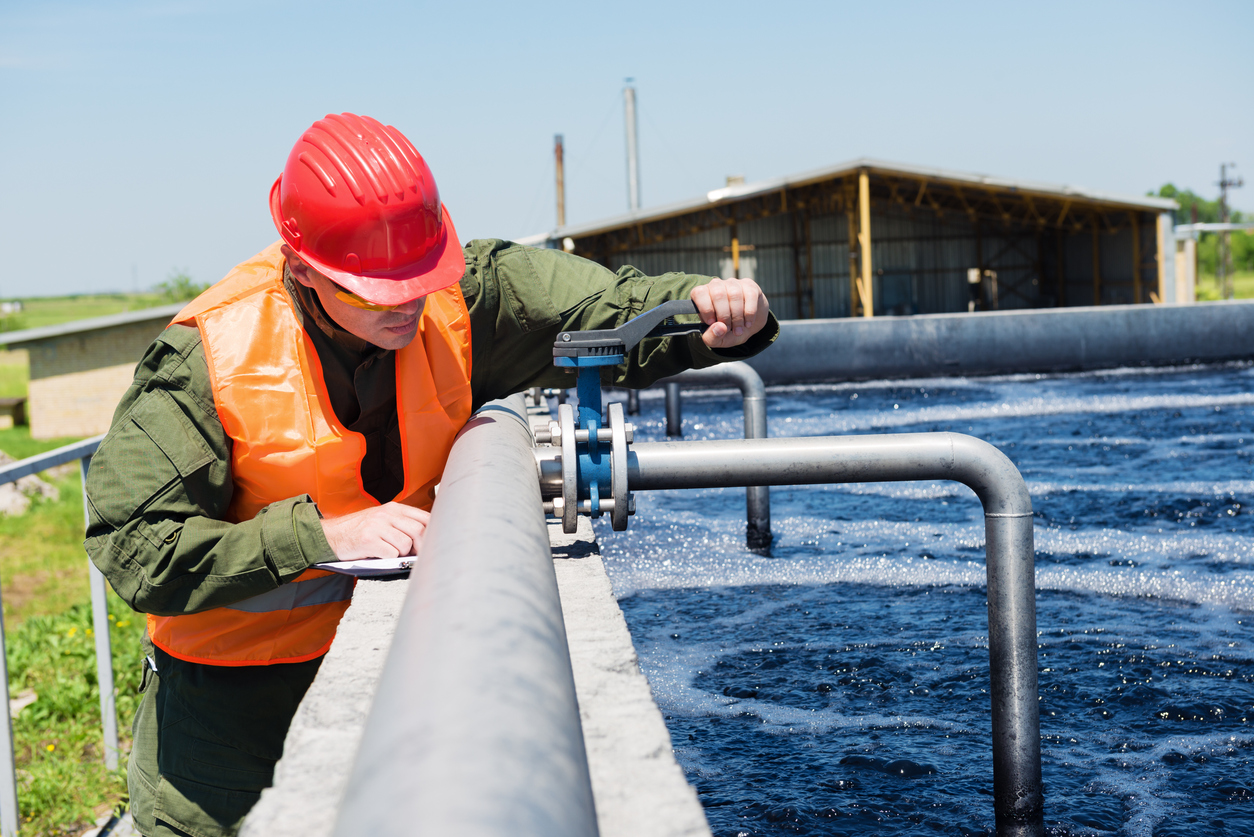
Within the trendy world, making certain entry to scrub water is extra essential than ever. With the arrival of superior water remedy applied sciences, now we have developed efficient strategies to purify water, making it protected for consumption and use. Amongst these applied sciences, ultrafiltration (UF), nanofiltration (NF), and reverse osmosis (RO) play pivotal roles. This text delves into every of those processes, explaining their mechanisms, functions, and advantages.
Introduction to Ultrafiltration (UF)
Ultrafiltration is a membrane filtration course of that successfully removes particles and macromolecules from water to supply high-quality potable water. It operates underneath low strain and might separate substances primarily based on their dimension, making it an environment friendly methodology for eradicating micro organism, viruses, and bigger contaminants.
How Ultrafiltration Works
The UF course of includes using a semipermeable membrane with pores sufficiently small to retain particles and substances bigger than a selected dimension, whereas permitting water and smaller solutes to move by. It’s generally used as a pretreatment step earlier than nanofiltration or reverse osmosis.
Purposes of Ultrafiltration
Ultrafiltration is extensively utilized in ingesting water purification, wastewater remedy, and the meals and beverage trade. It serves as an efficient barrier towards pathogens and particulates, making certain the security and high quality of the water.
Exploring Nanofiltration (NF)
Nanofiltration, a membrane course of that sits between ultrafiltration and reverse osmosis by way of selectivity, is adept at eradicating divalent ions, natural substances, and sure salts from water.
How Nanofiltration Works
NF makes use of membranes with barely bigger pores than these utilized in RO, permitting it to selectively take away particular contaminants. This selective permeability makes it preferrred for functions requiring the softening of onerous water or the elimination of particular pollution.
Purposes of Nanofiltration
Nanofiltration is helpful in water softening, remedy of business wastewater, and the dairy trade for whey focus and desalting. Its means to selectively take away contaminants whereas retaining priceless minerals makes it a flexible instrument in water remedy.
The Position of Reverse Osmosis (RO)
Reverse osmosis is probably the most refined filtration methodology among the many three, able to eradicating as much as 99% of all dissolved salts, particles, organics, and micro organism from water, making it indispensable for producing high-purity water.
How Reverse Osmosis Works
In RO, water is compelled by a semipermeable membrane at excessive strain, leaving contaminants behind. This course of is efficient in decreasing a big selection of water impurities, together with dissolved salts and microscopic pollution.
Purposes of Reverse Osmosis
RO is extensively utilized in desalination vegetation, bottled water manufacturing, and industries requiring ultra-pure water, reminiscent of prescribed drugs and semiconductors. Its means to offer the very best purity degree of water makes it essential in numerous functions.
What Are the Benefits of Utilizing Ultrafiltration, Nanofiltration, or Reverse Osmosis to Deal with Water?
The adoption of ultrafiltration (UF), nanofiltration (NF), and reverse osmosis (RO) in water remedy processes isn’t just a technological desire however a necessity for contemporary water remedy options. These strategies provide quite a few benefits over conventional water remedy applied sciences, making them indispensable in making certain water security and high quality. Right here’s an in depth take a look at the advantages of every.
Benefits of Ultrafiltration (UF)
- Superior High quality Water: UF successfully removes micro organism, viruses, and particulates, offering water that’s protected for consumption with out the necessity for chemical disinfectants.
- Power Effectivity: Working underneath decrease strain in comparison with NF and RO, UF programs devour much less power, making them cost-effective for large-scale functions.
- Flexibility and Scalability: UF programs might be simply scaled up or down primarily based on water demand, providing flexibility for numerous functions, from small group provides to massive industrial processes.
Benefits of Nanofiltration (NF)
- Selective Contaminant Removing: NF is adept at eradicating particular impurities reminiscent of heavy metals, hardness-causing minerals, and sure natural compounds, whereas permitting useful minerals to move by, enhancing water high quality with out stripping it of important vitamins.
- Decrease Working Stress: In comparison with RO, NF operates at decrease pressures, leading to decrease power consumption and operational prices.
- Water Softening Functionality: NF is especially efficient in softening onerous water, stopping scale buildup in pipes and home equipment, which might lengthen their lifespan and enhance effectivity.
Benefits of Reverse Osmosis (RO)
- Removing of Dissolved Salts and Impurities: RO can take away as much as 99% of dissolved salts (ions), particles, organics, micro organism, and different contaminants, offering the very best purity degree of water, which is essential for delicate functions reminiscent of prescribed drugs and semiconductor manufacturing.
- Desalination: RO is the cornerstone of recent desalination applied sciences, enabling the conversion of seawater into potable water, which is significant for areas dealing with freshwater shortage.
- Versatility: RO programs can be utilized in numerous settings, from small-scale dwelling programs to large-scale municipal and industrial functions, showcasing their versatility in assembly various water remedy wants.
Conclusion
The selection between ultrafiltration, nanofiltration, and reverse osmosis is dependent upon the precise water remedy necessities, together with the standard of the feed water and the specified high quality of the product water. Every know-how affords distinctive benefits, from power effectivity and selective contaminant elimination to the potential of manufacturing ultra-pure water. By leveraging these superior filtration strategies, we are able to tackle the challenges of water shortage, air pollution, and the necessity for sustainable water administration practices, making certain entry to scrub, protected water for all.
Trending Merchandise











